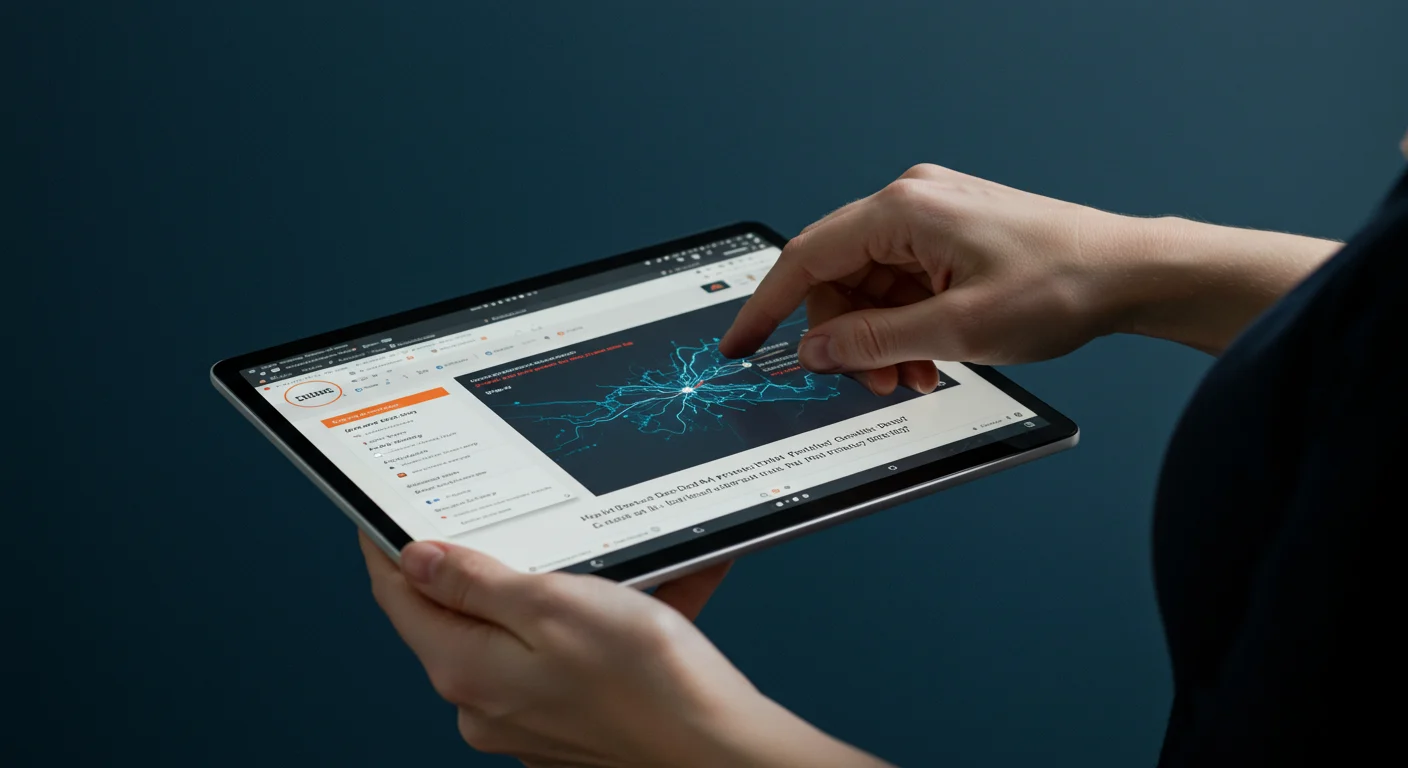
Living DNA Data Privacy: Is Your Genetic Information Safe?
If you’re about to spit in a tube, you deserve to know exactly what happens next. Here’s the thing: living dna data privacy isn’t just a checkbox—it’s the core promise behind a DNA test. I dug into Living DNA’s policy so you can feel informed, not overwhelmed, before you decide.
What Living DNA collects (in normal words)
Believe it or not, most of this is standard for any genetic service: your account details (name, email), payment info (handled by processors), your sample and the genetic data derived from it, plus basic device and usage data that helps run the site. The privacy policy spells out that genetic data is treated as sensitive. So when people ask about living dna data privacy, this is the starting line—what they collect and why.
How your DNA is stored and secured
Living DNA separates your personal details from your genetic data and links them using a random ID. That’s a fancy way of saying your name doesn’t sit next to your DNA file. Data is encrypted in transit and at rest, which is now table stakes, but still essential. In plain English: even if someone peeked at the servers, they’d see scrambled information. For living dna data privacy, this split-and-encrypt setup is the backbone.
Who they share data with (and who they don’t)
Vendors help with things like lab processing, payments, security, and support—standard stuff under strict contracts. Living DNA says they don’t sell your genetic data. Research use is optional and based on explicit consent, and you can say no. Advertising data is kept separate from your DNA. If living dna data privacy is your top concern, the big idea is this: sharing is limited to what’s needed to deliver the service, unless you opt in to more.
Your controls: consent, downloads, and deletion
You choose whether to join research, whether to view or share relative-matching features, and whether your sample stays stored for future analysis. You can download your raw data, request your saliva sample to be destroyed, and ask for account deletion. Heads up: some records may be kept if required by law or for legitimate business reasons, which is normal. For living dna data privacy, these opt-ins and opt-outs are where your preferences truly matter.
Law enforcement requests
As a UK-based company, Living DNA is governed by UK law. The policy indicates they respond only to valid legal requests and review each one carefully. They’re not in the business of handing out data voluntarily. If living dna data privacy is your worry, this bit matters: companies generally require proper legal process and push back when requests are overbroad.
GDPR/UK GDPR and cross‑border transfers
Living DNA operates under the UK GDPR (and essentially similar GDPR principles). If data leaves the UK/EEA, they say they use approved safeguards—think Standard Contractual Clauses. Translation: when data moves, it’s wrapped in legal protections. For living dna data privacy, GDPR rules are a strong floor that limit use, require transparency, and give you rights.
How long they keep things
By default, your account data sticks around while you use the service. Your DNA sample may be stored if you consent, often to enable updates or re-runs; you can request destruction. Genetic data retention is tied to your choices and legal obligations. If you’re judging living dna data privacy, this is where you decide whether you want long-term storage or a clean exit after your results arrive.
Smart moves before you buy
Skim the privacy policy now, not later, and set your consent toggles the second your kit activates. Use a strong password and turn on two-factor authentication. If you’re privacy-sensitive, use a dedicated email. Keep a note of whether you stored or destroyed your sample—future you will thank you. When someone asks me about living dna data privacy, I always say: your settings are half the story.
Bottom line (and where to go next)
Living DNA’s approach checks the right boxes: separation of identifiers from DNA, encryption, consent-based research, GDPR-grade controls, and clear options to delete data or destroy your sample. Nothing’s risk-free, but the policy is practical and transparent as of 2025. If you want my take on the actual test experience, features, and who it’s best for, search for the Living DNA review on Consumer's Best—I keep it friendly, honest, and helpful so you can decide with confidence.










